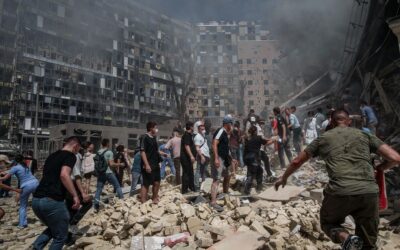In the face of a culture of individualism and consumerism, can we propose the value of human life as a gift to be received? In front of the emptiness of a childless couple, how can we show that fecundity does not necessarily coincide with fertility? How can we help the younger generations to discover the values of corporeity and sexuality, which deserve much more than the spontaneity towards which they are pushed by the media?
Does the child have a right? And in order to raise him or her, is it really necessary that the parenting figures be a mother and a father?
130 educators of the New Families Movement from over twenty countries reflected on questions such as these during the Study Seminar held at the Mariapoli Centre of Castel Gandolfo (Rome) from 10th to 13th January 2013.
The conference was part of a three-year project that began last year and aims at providing, to all those who are committed to the family, suitable means to deal with the new cultural challenges that touch all our lives.
The participants are mostly married couples, owing to the particular credibility they enjoy before other families, and the ability to grasp the needs thanks to their own lived experiences.
After last year’s reflections on the dynamics of marriage relationships, some issues of a particular relevance were identified: responsible procreation, artificial insemination techniques, homosexuality, the ideology of gender.
The proceedings brought into evidence the significance and value of human sexuality, based on the Christian anthropological vision, with specific in-depth analysis through workshops dedicated to dialogue and the exchange of ideas and experiences. These moments of discussion proved particularly efficacious due to the internationality of the contributions and the expertise of the participants, both on the professional front and their experience of training courses, shared with other couples and families from different parts of the world.
Thanks to the simultaneous translation in seven languages, the participants could be divided into three multicultural work groups in which a lively and effective comparison between the USA and the Philippines, between Eastern and Western Europe, between the Middle East and Africa, Brazil and Latina America was brought about.





0 Comments